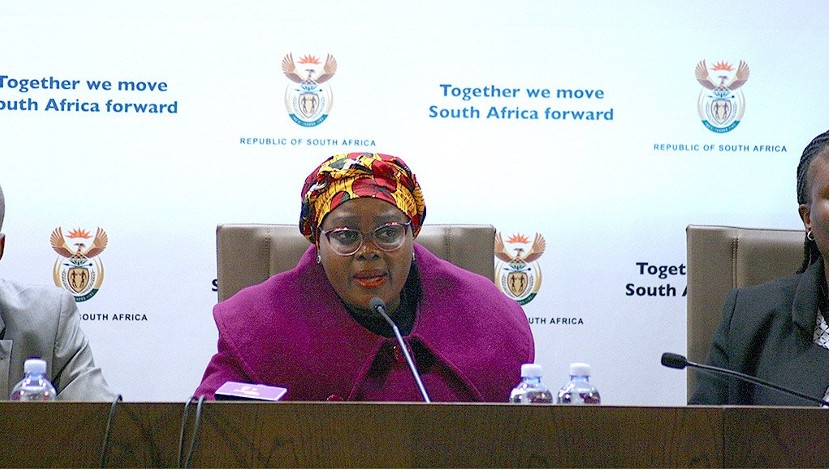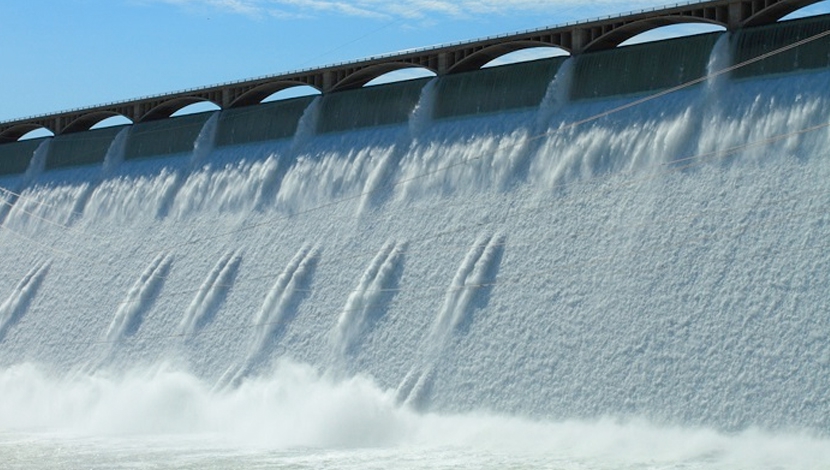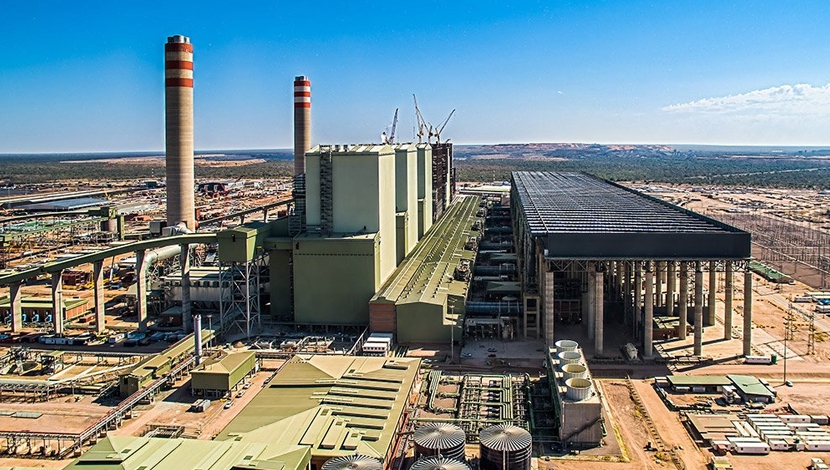

Energy Minister Mmamoloko Kubayi expressed her support on Tuesday for the country’s proposed gas-to-power programme, telling Gas to Power Conference delegates that government intended proceeding in line with the existing “vision and policy objectives” for gas infrastructure.
“We have indicated our intention to launch gas infrastructure development though the Section 34 determination under the Electricity Regulation Act, in pursuit of an initial 3 700 MW of power plants,” Kubayi said.
Her speech came amid significant uncertainty about the future of South Africa’s independent power producer (IPP) programmes, owing to Eskom’s refusal to conclude power purchase agreements (PPAs) for 37 outstanding renewable-energy projects and fresh questions about the legal standing of the Ministerial determinations providing the framework for the procurement of new generation capacity.
Determinations for renewable energy, coal, gas and hydro had not been subjected to Nersa-led public consultations, which meant that remedial steps would have to be taken to ensure that these determinations were not open to legal challenge.
Nevertheless, the Minister’s support for the gas programme in its current form suggests that a procurement process should still arise in line with a Liquefied natural Gas Independent Power Producer Procurement Programme (LNG IPPPP) project information memorandum published last May.
The memorandum states that South Africa will initially build gas infrastructure at Richards Bay, in KwaZulu-Natal, and Coega, in the Eastern Cape, for use by electricity generators, as well as by energy-intensive industries. The Department of Energy envisages separate procurement processes for each site.
Initially it was anticipated that a request for qualifications would be released before the end of 2016, followed by a commercial tender in early 2017. However, the LNG IPPPP process was now not expected to proceed until PPAs for the outstanding renewables projects had been signed by Eskom.
Kubayi said “I have met with Minister Brown and we have put together teams composed of the Department of Energy and the IPP Office, as well as the Department of Public Enterprises and Eskom, that [will] help resolve some of the challenges so that we are able to move together as the department and respective entities.”





